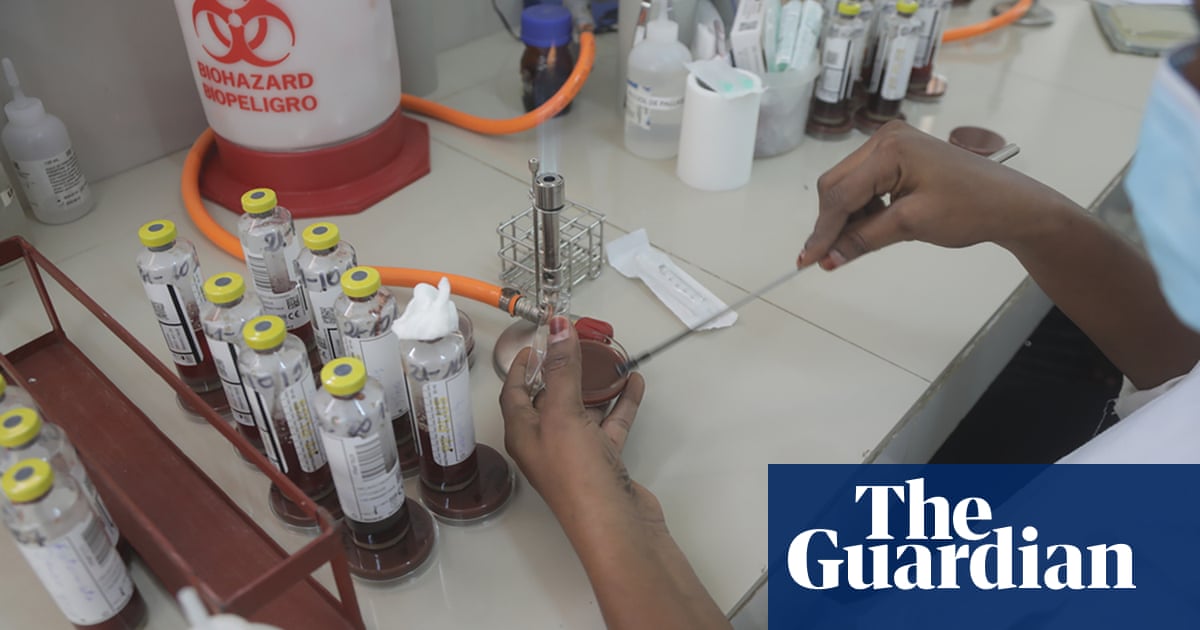
"Less than 7% of individuals with severe drug-resistant infections in lower-income countries receive necessary antibiotics, exacerbating suffering, mortality, and potentially fostering antimicrobial resistance (AMR)."
"Researchers emphasize that understanding AMR requires addressing the dual challenges of access to antibiotics and the consequences of their overuse, highlighting significant health disparities in poorer regions."
"While overuse of antibiotics contributes to resistance, the neglect of access is equally critical, with less than 7% of those suffering from severe infections in low-income countries receiving treatment."
"Dr. Jennifer Cohn warns that immediate action is required to combat the treatment gap observed in low- and middle-income countries, similar to past efforts addressing HIV drug access."
A new study indicates that fewer than 7% of patients suffering from severe drug-resistant infections in low-income countries receive essential antibiotics. This lack of access not only contributes to increased mortality but may also fuel antimicrobial resistance (AMR), which is expected to cause approximately 1.9 million deaths annually by 2050. The study, conducted by the Global Antibiotic Research and Development Partnership, highlights a critical treatment gap in nations like Bangladesh, Brazil, and Kenya. Researchers found that in 2019, about 1.5 million infections occurred, but only a small percentage received the required antibiotics, raising alarms about broader implications worldwide.
#antimicrobial-resistance #drug-resistant-infections #global-health #access-to-medicines #public-health-crisis
Read at www.theguardian.com
Unable to calculate read time
Collection
[
|
...
]